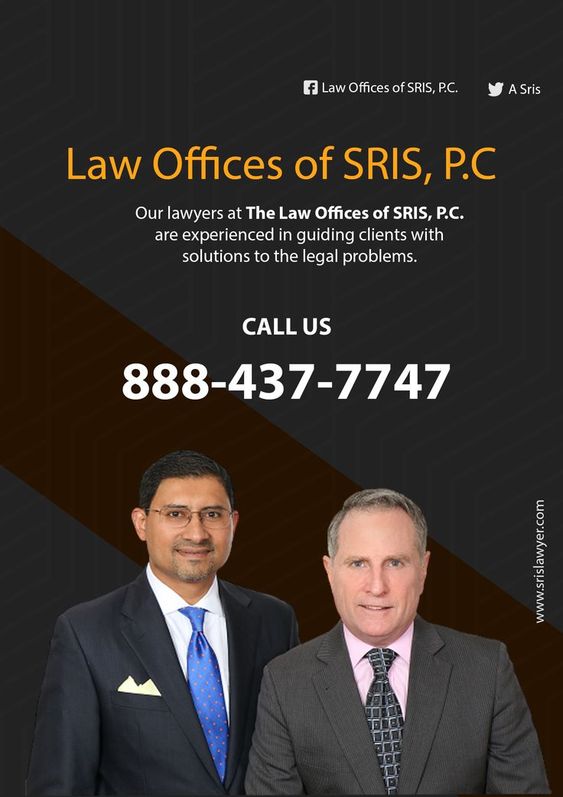
Child protective order Virginia, often referred to as “Juvenile and Domestic Relations District Court Protective Orders” in Virginia, plays a critical role in ensuring the safety and well-being of children at risk of abuse, neglect, or harm. This article explores what constitutes a child protective order in Virginia and delves into its primary purpose, highlighting its significance in protecting the state’s most vulnerable population.
Understanding Child Protective Orders
A child protective order is a legal instrument issued by a Virginia court to shield children from harm, abuse, neglect, or other forms of maltreatment. These orders are typically pursued by parents, legal guardians, or individuals with a legitimate interest in the child’s welfare. To qualify for a child protective order, the child must be under the age of 18. Child protective orders in Virginia are distinct from adult protective orders and are specifically designed to address the needs and vulnerabilities of children.
Primary Purpose of Child Protective Orders
The primary purpose of child protective orders in Virginia is to provide immediate legal protection and relief for children who are at risk of or have already experienced harm, abuse, or neglect. These orders serve several critical functions:
Safety: The paramount purpose of a child protective order is to ensure the safety and well-being of children who are exposed to or at risk of harm. These orders can include provisions that restrain the alleged abuser from contacting, approaching, or harming the child. By establishing these boundaries, child protective orders create a safer environment for the child.
Preventive Measures: Child protective orders are proactive measures designed to prevent harm before it occurs. They can prohibit the alleged abuser from taking specific actions that could endanger the child, such as visiting their residence or school.
Legal Recourse: Child protective orders provide a legal remedy for victims of child abuse, neglect, or endangerment. Violating these orders can result in criminal charges against the alleged abuser, holding them accountable for their actions.
Custody and Visitation Arrangements: In situations where child custody or visitation rights are a concern, child protective orders can address these issues. They may specify visitation guidelines, safe exchange locations, or supervised visitation to ensure the child’s safety.
Temporary or Permanent Protection: Child protective orders can offer both short-term and long-term protection. Depending on the circumstances, they may provide immediate relief and then lead to a full hearing to determine whether a permanent child protective order is necessary.
Psychological and Emotional Well-Being: Child protective orders can contribute to a child’s psychological and emotional well-being by providing a sense of security and reducing fear, anxiety, and emotional distress.
Child protective orders in Virginia are a critical legal mechanism for protecting children from harm, abuse, and neglect. Their primary purpose is to create a safe environment for vulnerable children and to ensure their well-being. These orders serve not only as a legal remedy but also as a preventive measure to deter further harm. If you believe a child is at risk or has experienced abuse or neglect, seeking a child protective order is an important step to safeguard their rights and safety. Consultation with an attorney or reaching out to local child protective services is recommended to ensure the appropriate legal steps are taken. The protection of children is paramount, and child protective orders play a pivotal role in achieving this goal.



